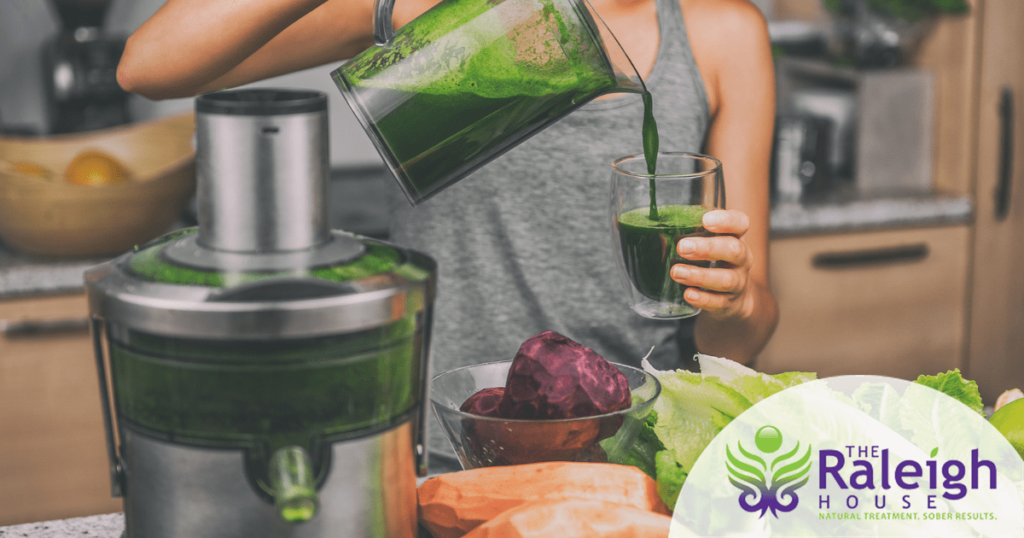
It’s the rare person who never feels down, worried or stressed.
But our day-to-day choices definitely have an effect on our mood, including what we eat, what we drink and what we do.
In this post, we’re going to take a look at how what you eat affects your mood.
Before we do, there’s one important thing to mention. While many of us think that alcohol or drugs can take the edge off of our anxiety or depression (and they do temporarily), research shows that they ultimately make both depression and anxiety worse.
It’s also critical to point out that true depression or anxiety needs to be treated and that lifestyle interventions, while helpful, are secondary to proper care by a physician.
10 Foods that Help Depression and Anxiety
- Numerous studies have shown how omega-3 fatty acids can reduce depression symptoms. Wild-caught fish, walnuts, chia seeds, flax seed and eggs are all good sources of omega-3s.
- Spinach, asparagus, beans, avocado, oranges and eggs are all high in foliate. According to the National Institutes of Health, low foliate status is linked to depression. What’s more, people low in foliate have a statistically poor response to antidepressants.
- Berries have some of the highest levels of antioxidants of any food. Emerging research shows that a diet high in antioxidants can reduce symptoms of depression and boost mood. Kale, spinach, pecans, dark chocolate, red grapes, artichokes and beets are also all high in antioxidants.
- Probiotics are found in foods like kefir, kombucha, miso, raw cheese, fermented vegetables and some yogurts. If those aren’t in your fridge, you can always take a probiotic supplement.
- Protein supplies our bodies with the essential amino acids needed to support proper health. It’s also a great source of energy.
- Tryptophan is especially important as it’s the precursor to the feel-good chemical serotonin. Tryptophan can be found in a variety of foods, including turkey, bananas, chicken, milk, oats, cheese, sesame seeds and peanut butter.
- Foods rich in B vitamins can help ward off anxiety. These include beef, pork, chicken, leafy greens, oranges, nuts and eggs.
- Choose complex carbs over refined sugars as they raise blood sugar levels more slowly, preventing an insulin rush. That means choosing whole-grain breads, brown rice and whole-grain pastas over bagels, white bread and sugary baked goods.
- Drink plenty of water. Dehydration can mask itself as hunger, which can lead to over-eating and poor food choices. Even worse, one study by the University of Connecticut found that mild dehydration can cause mood problems.
- Emerging research has shown magnesium to be calming. Good sources include eggs, spinach, Swiss chard, legumes, nuts, seeds and avocado.
What Not to Eat and Drink
It’s easy to get caught up in a vicious cycle. We feel a bit blue or worried, and instead of doing the hard work—eating well, going for a walk, etc.—we opt for a quick fit. And that means cookies, chips, a beer or coffee.
The problem is, those foods provide a temporary lift, but then ultimately make us feel worse.
The real solution? Break free from whatever you’re addicted to, whether it’s sugar, coffee or alcohol and go for the long-term cure rather than the short-term fix.
Alcohol and Drug Addiction Rehab in Denver
The Raleigh House is a residential treatment center located in Denver that believes in a whole-person approach to addiction recovery, including diet, exercise, art, music and more. Our master’s level trained therapists get to the root cause of addiction and will help you develop a strategy to manage and enjoy life without drugs or alcohol. Fill out our form or contact us today to learn more about our 90-day drug and alcohol addiction treatment programs.




